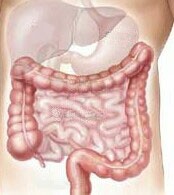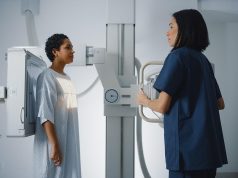Large cohort study shows significant reduction among screened 50- to 69-year-olds in Taiwan
THURSDAY, May 28, 2015 (HealthDay News) — Population-based fecal immunochemical testing (FIT) screening in adults aged 50 to 69 years can reduce colorectal cancer (CRC) mortality, according to a study published online May 20 in Cancer.
Han-Mo Chiu, Ph.D., from National Taiwan University, and colleagues conducted a prospective study of the follow-up of about five million Taiwanese from 2004 to 2009. CRC mortality was compared for a screened group and an unscreened group in a population-based CRC screening service targeting 50- to 69-year-olds. Overall, 21.4 percent of the 5,417,699 subjects aged 50 to 69 years in the population participated in the biennial screening program by 2009.
The researchers found that, with a maximum follow-up of six years, the actual effectiveness of FIT in reducing CRC mortality was 62 percent (relative rate for screened versus unscreened group, 0.38). After adjustment for self-selection bias, the 21.4 percent coverage of the population receiving FIT correlated with a significant 10 percent reduction in CRC mortality (relative rate, 0.9).
“This large, prospective Taiwanese cohort undergoing population-based FIT screening for CRC had the statistical power to demonstrate a significant CRC mortality reduction, although the follow-up time was short,” the authors write. “Although such findings are informative for health decision makers, continued follow-up of this large cohort will be required to estimate the long-term impact of FIT screening if the covered population is expanded.”
Copyright © 2015 HealthDay. All rights reserved.








